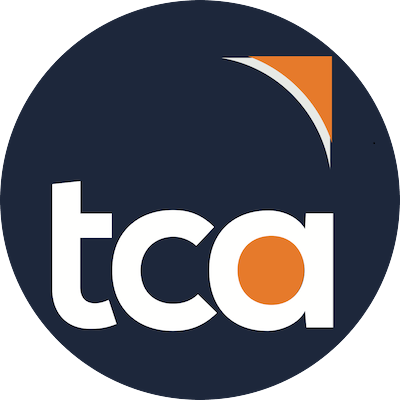One of the most interesting challenges in content marketing is that, unlike campaigns, platforms that attract audiences must be built over time.
The potential for failure is there. But, because content marketing programs are designed for the long run, deciding to stop them is often a dramatic, painful, political process.
A marketing leader at a large technology company told me they’d made the difficult decision to take down their eight-year-old blog. They’d built a sizeable audience and had gotten quite a bit of business value from it. But in the last two years, growth stagnated, they lost subscribers, and the SEO value mostly disappeared.
Stopping the blog wasn’t the challenge. The challenge came in what they did next. The team started a digital magazine. But six months later, it hadn’t gotten any real traction. In the same timeframe, another group launched a podcast – and watched it fall flat. A year into two poorly performing platforms, the marketing exec wondered, “Are we just too late to start anything new in our space?”
Spoiler alert: They’re not.
Media companies understand two important things about launching products: (1) It’s exceedingly difficult to know what will succeed with audiences and (2) You have to be willing to stop something as easily as you started it.
Think about the pilot process the major television networks go through every year. They invest in producing at least one episode with A-level talent of 12 to 20 pilots. The goal is to see if sample audiences respond positively. Only about 20% ever air on a network.
The competition for audiences has never been fiercer.
Something like 500 scripted television series were produced in the United States in 2019. Of these, about 150 will be canceled in any given year. Another 50 or so might be considered viable for a long run.
And no one knows which, if any, will be winners.
Media companies don’t invest millions of dollars just to throw the proverbial spaghetti against the wall. They understand that tomorrow’s mega-hit may come from surprising origins.
The key is to do the research, dive in with creative talent, and take the time to develop and test the product.
That’s the opposite of how most businesses develop content marketing properties. Too many businesses strategize, come up with ideas, winnow them down based on budget, and then invest in a story or format the available resources can support.
Imagine if a media company started developing a TV show based first on budget, not the idea. Then, to maximize that budget, they’d check what talent would fit. Then, they’d figure out what kind of show their cameras and technology would allow them to shoot. Then finally, they’d figure out the story.
That approach doesn’t produce much opportunity for a hit.
Few companies have the resources or the checkbook to develop two dozen blog platforms or produce unlimited content. But brands can change their approach to developing and decommissioning content products.
Content marketers can ask better questions: “Do we really need to implement that new blog or resource center into our enterprise CMS system before we launch a prototype and test it?” Or, “Can we redirect creative talent to something cool and innovative instead of more infographics for sales?” Or, “How can we build a production studio approach for testing stories, formats, and audience engagement?”
And brands can take a different approach to decommissioning projects. Yes, canceling something that lasted a decade is an emotional experience for the team. But keeping that failing blog going is the fastest way to never again develop new platforms.
Let’s commit to reassigning talent, reusing storylines, repackaging content, and figuring out how to launch new ideas.
It’s no one’s fault when the story, the platform, or the format stop resonating with audiences (or never get started). As Captain Jean Luc Picard once said in Star Trek: The Next Generation, “You can commit no mistakes and still lose. That is not weakness. That is life.”
It’s your story. Tell it well.





